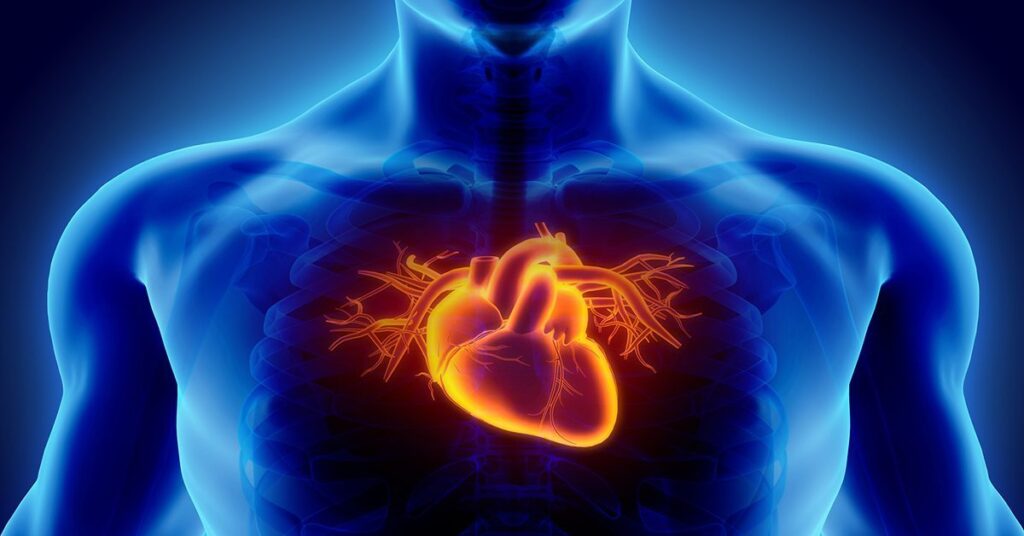
- Dental problems: Gum disease may contribute to heart disease due to bacteria from the gums entering the bloodstream. Regular dental checkups are recommended.
- Shift work: Irregular work hours, particularly night shifts, can increase the risk of heart attack. Individuals working irregular hours should focus on exercise, a balanced diet, and regular medical checkups.
- Traffic delays: Spending time in traffic, especially during rush hour, is associated with higher odds of heart attack. High noise levels, such as those on freeways, are also linked to heart disease. Strategies to reduce stress include listening to relaxing music or carpooling.
- Early menopause: Women experiencing menopause before the age of 46 have a higher risk of heart attack or stroke due to the decline in estrogen levels. Regular checkups to assess heart disease risk factors are recommended.
- Snoring: Regular snoring or gasping for air during sleep may indicate sleep apnea, which is linked to high blood pressure, irregular heartbeat, strokes, and heart failure. Treating sleep apnea can lower the risk of heart disease.
- Hepatitis C: Individuals with hepatitis C infection may have low cholesterol and blood pressure levels but still face an increased risk of heart disease. Close monitoring of heart symptoms is essential.
- Lack of quality sleep: Consistently getting less than 6 hours of sleep per night raises the risk of high blood pressure, high cholesterol, obesity, and diabetes, all of which can harm the heart. Sleeping more than 9 hours regularly also increases the risk of diabetes and stroke.
- Unhappy marriage: Stress from an unhappy marriage can lead to poor dietary choices, excessive alcohol consumption, and increased heart disease risk. Couples therapy or seeking support is recommended if the marriage is not fulfilling.
- Loneliness: Social isolation and loneliness increase the likelihood of heart disease. Connecting with loved ones, helping others, or adopting pets can improve heart health.
- Belly fat: Excess weight, particularly around the midsection, can raise blood pressure and negatively affect blood vessels and cholesterol levels. A waist circumference of over 35 inches for women or 40 inches for men indicates a higher risk. Diet and exercise, including yoga and high-intensity workouts, can help reduce abdominal fat.
- Excessive TV time: Prolonged sitting and excessive television viewing are associated with a higher risk of heart problems. Limiting TV time is recommended to mitigate these risks.
- Excessive exercise: While exercise is beneficial for the heart, pushing oneself too hard or engaging in intense exercise without proper conditioning can increase the risk of heart attack and other issues. Starting with gentle exercise like walking and consulting with a doctor, especially for individuals at high risk of heart disease, is advised.
- Too little exercise: In contrast to excessive exercise, inadequate physical activity also poses a risk to heart health. Regular exercise is crucial for maintaining cardiovascular health.
By being aware of these factors and taking appropriate steps to mitigate risks, individuals can work towards maintaining a healthy heart. Regular checkups, healthy lifestyle choices, and seeking medical advice when necessary are key to heart health.